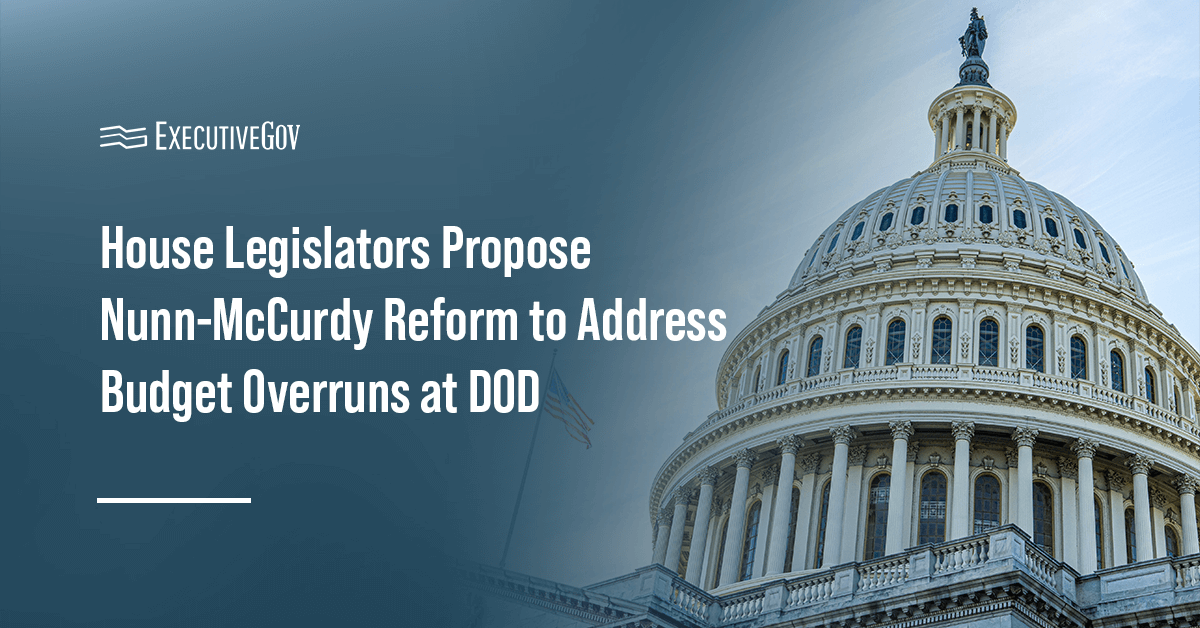Reps. John Garamendi, D-Calif., and Carlos Gimenez, R-Fla., have proposed updates to a decades-old law to minimize overspending at the Department of Defense.
The Nunn-McCurdy Reform Act of 2025 would require the Pentagon to report to Congress if a major acquisition program exceeds its projected costs and, potentially, minimize excessive spending.
What the Nunn-McCurdy Reform Act of 2025 Might Improve
The Nunn-McCurdy Act was passed in 1982 under then-President Ronald Reagan. It tasks the DOD to notify Congress whenever a major acquisition program goes 15 percent over its baseline cost estimate. Once project spending goes past 25 percent of the cost estimate, the defense secretary will not only notify lawmakers but also terminate the program.
However, the law in its present form reportedly rarely ever leads to project cancellations.
“The defense secretary has the unilateral authority to just recertify a program and keep it moving, without really having to do anything to address the root causes,” explained Dylan Hedtler-Gaudette, director of government affairs at Project on Government Oversight, which is an organization that investigates corruption and abuse of power.
If the Nunn-McCurdy Reform Act of 2025 is passed, it would restrict funding for projects that frequently go over budget.
“In the reform proposal, if a program hits two critical breaches, then it’s just canceled automatically. Congress can choose, if it wants, to reauthorize the fund, reauthorize the program, and reappropriate the funds to continue the program,” Hedtler-Gaudette added.
The reform also aims to shorten the time the Pentagon would be required to report cost breaches and increase transparency by mandating the defense secretary to publish cost growth reports on the DOD website.
In addition, the bill would designate major acquisition programs comprising two or more end items that are projected to cost over $500 million as separate sub-components.
“For years, far too many wasteful projects have gone forward without accountability, costing taxpayers billions upon billions of dollars, despite clear laws requiring them to report cost overruns to Congress,” commented Garamendi. “The Nunn-McCurdy Reform Act finally does what the original law was meant to do.”





